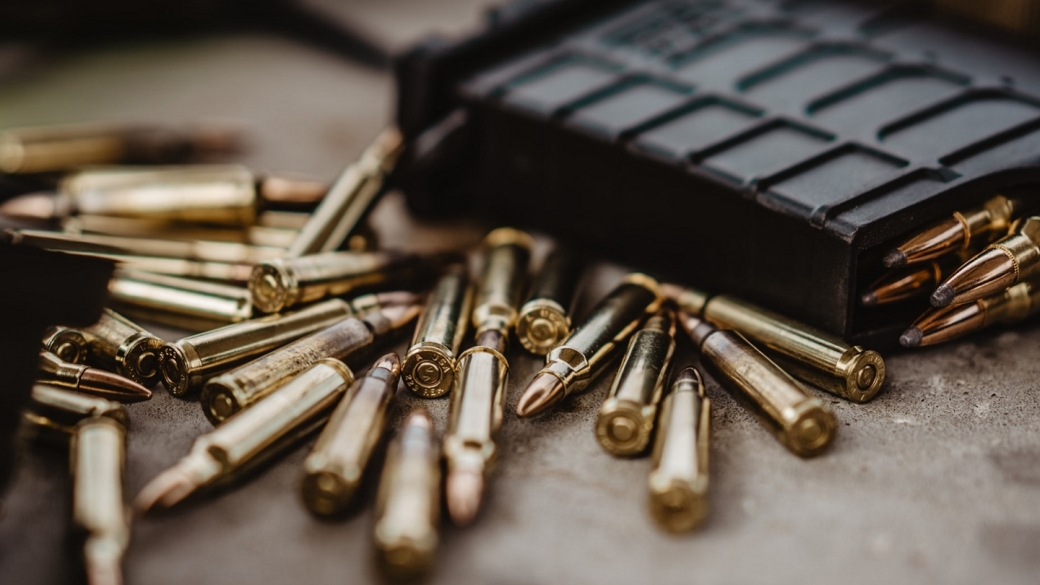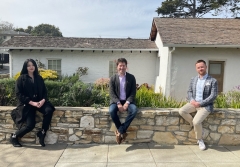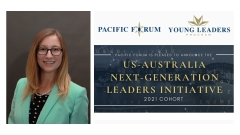Using Language Skills for Careers: Fellow, Department of Defense
My name is Casey Mahoney, and I am a graduate of the MA in Nonproliferation and Terrorism Studies program. I worked at the Department of Defense as a Fellow in Threat Reduction and Arms Control. My Russian language skills were integral to my success in this role.




